Titanium pans have grown in popularity in recent years, praised for their durability, lightweight nature, and nonstick capabilities. These pans are marketed as a healthier and more durable alternative to traditional cookware, especially when it comes to titanium nonstick cookware. But like any kitchen essential, it's important to understand the potential risks involved in using titanium pans. While they offer numerous benefits, they may also come with a few hidden concerns, especially if they aren't properly cared for or used in the right way. In this blog, we’ll dive into the potential risks of cooking with a titanium pan and explore how to minimize them.
What Makes Titanium Pans So Popular?
Before we discuss the risks, let’s first understand why titanium pans have become such a hit in kitchens around the world. Titanium is naturally a strong, lightweight material, known for its resistance to corrosion, rust, and warping. When used in cookware, it provides a sleek, modern look that many home chefs appreciate. Most titanium nonstick cookware also uses a nonstick coating, making cooking and cleaning much easier compared to traditional pans.
In addition to their non-stick surface, titanium pans are also known for their ability to distribute heat evenly, ensuring that food is cooked uniformly. Many people also prefer titanium because it’s a safer alternative to aluminum, which may react with acidic foods. Moreover, the durability of titanium makes it less prone to scratching, which contributes to its long-lasting appeal.
However, as with all products, there are certain risks to be aware of when using titanium cookware.
The Potential Risks of Cooking with Titanium Pans
1. Risk of Overheating
One of the most significant risks of cooking with titanium nonstick cookware is the possibility of overheating. While titanium itself is resistant to high temperatures, the nonstick coating used on many titanium pans is not immune to damage. If you heat your titanium pan too high, especially when it’s empty or only has a small amount of oil, the nonstick coating can break down. This can not only ruin the pan but also release harmful chemicals into the air and onto your food.
To avoid this, it’s important to always cook on medium to low heat, even when using high-quality titanium non stick pans. Always ensure that there is enough oil or food in the pan to prevent it from getting too hot. Additionally, avoid preheating the pan on high heat. If you’re unsure of the temperature range for your specific pan, refer to the manufacturer’s guidelines.
2. Nonstick Coating Wear and Tear
While the titanium surface is known for its strength, the nonstick coating applied to many titanium pans can wear out over time. This is especially true if you use sharp utensils or metal tools that can scratch the nonstick surface. Once scratched, the coating can lose its nonstick properties, leading to food sticking and making the pan harder to clean. Over time, repeated scratching can also cause the coating to flake off, which could end up in your food.
To avoid this, use only wooden, silicone, or plastic utensils when cooking with your titanium nonstick cookware. Regularly inspect the surface for signs of wear and tear. If you notice any peeling or chipping, it’s time to replace the pan.
3. Chemical Exposure
Although titanium pans are generally considered safer than other materials like Teflon, some brands may still use chemicals in the nonstick coating. If the pan is overheated or the coating starts to degrade, there is the potential for chemicals to be released into your food. These chemicals can be harmful to your health and the environment.
To mitigate this risk, always opt for high-quality titanium pans from reputable brands that offer PFOA- and PTFE-free coatings. These are the chemicals often associated with traditional nonstick pans, so ensuring that your pan is free from these harmful substances will provide you with peace of mind.
4. Food Contamination
Another risk, though less common, is the possibility of food contamination if your titanium nonstick pans are not cleaned properly. Over time, residue from oils, cooking fats, and food can build up on the surface. If left unchecked, this can alter the taste and quality of the food you’re cooking, potentially causing an unhealthy buildup of oils that may affect your cooking process.
To avoid this, always clean your titanium pans thoroughly after each use. Use gentle dish soap and a non-abrasive sponge to preserve the nonstick surface. Additionally, avoid using harsh cleaning chemicals that can erode the coating and weaken the pan’s integrity.

Tips for Proper Care and Usage
Avoid High Heat: As mentioned earlier, titanium pans, especially those with nonstick coatings, should never be used on high heat. Stick to medium or low heat settings for best results.
Proper Utensils: Always use wooden, plastic, or silicone utensils to prevent damage to the surface of your pan. Metal utensils can scratch the nonstick coating and compromise the quality of the cookware.
Avoid Sudden Temperature Changes: Don’t subject your pan to drastic temperature changes. For example, never place a hot titanium pan directly under cold water. This can warp the material and cause long-term damage.
Regular Maintenance: To prolong the life of your titanium nonstick pans, make sure to follow the manufacturer’s care instructions. Regular cleaning, proper storage, and maintaining the nonstick surface are essential for ensuring your cookware lasts.
Conclusion
Titanium pans, particularly titanium nonstick cookware, are an excellent choice for anyone looking to upgrade their kitchen essentials. They offer superior durability, easy maintenance, and healthier cooking. However, like all cookware, they come with their own set of risks, from overheating to chemical exposure.
By following proper care guidelines and using your titanium nonstick pans on the appropriate heat settings, you can minimize the risks associated with cooking with these pans. With the right care, your titanium cookware can continue to perform flawlessly, helping you create delicious meals for years to come.
Remember to always choose quality titanium cookware that suits your cooking style and needs. And if you’re ready to take your cooking to the next level, explore Siraat’s titanium cookware collection today to find the perfect pan for your kitchen. Happy cooking!


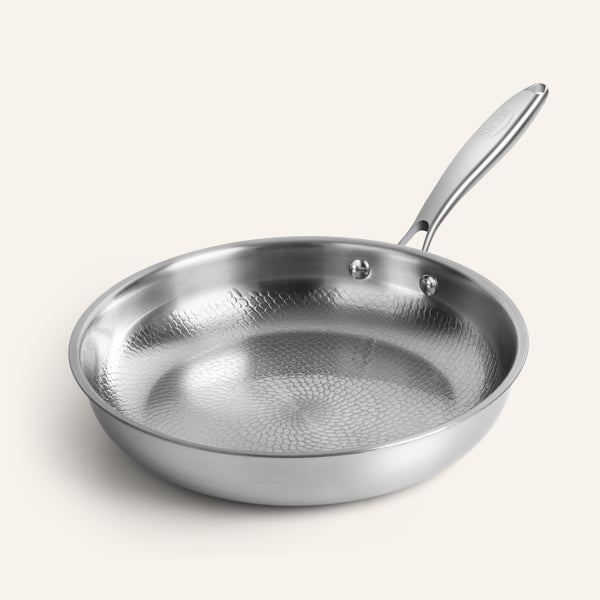
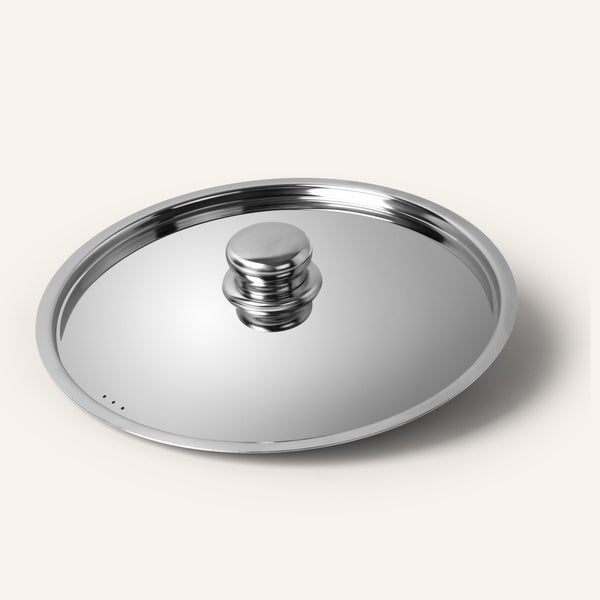
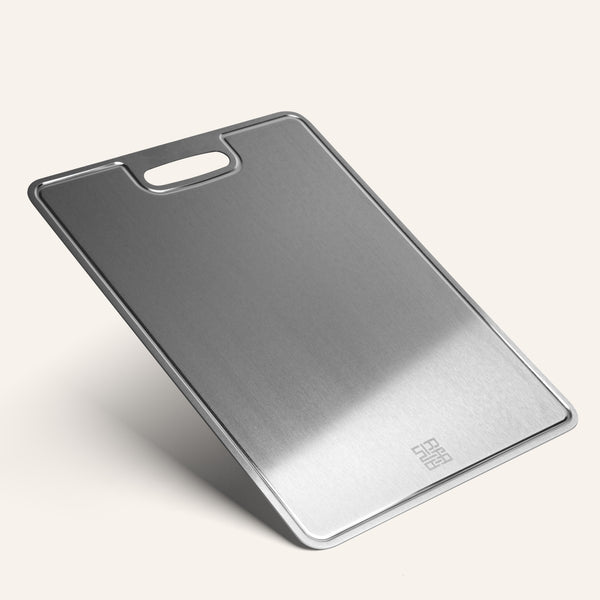
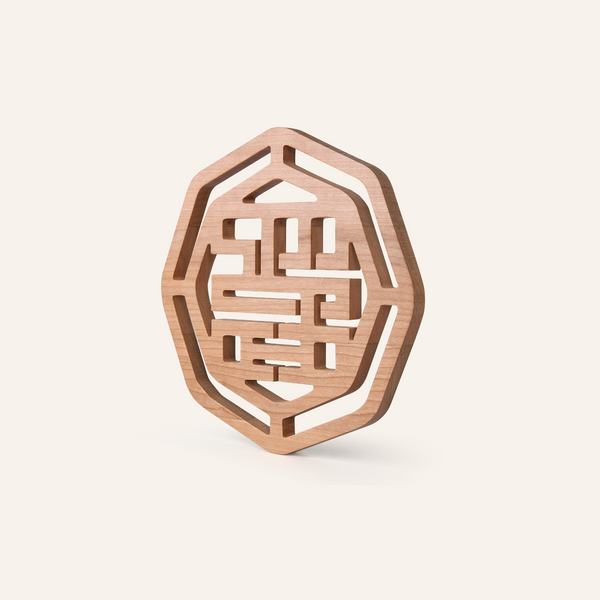
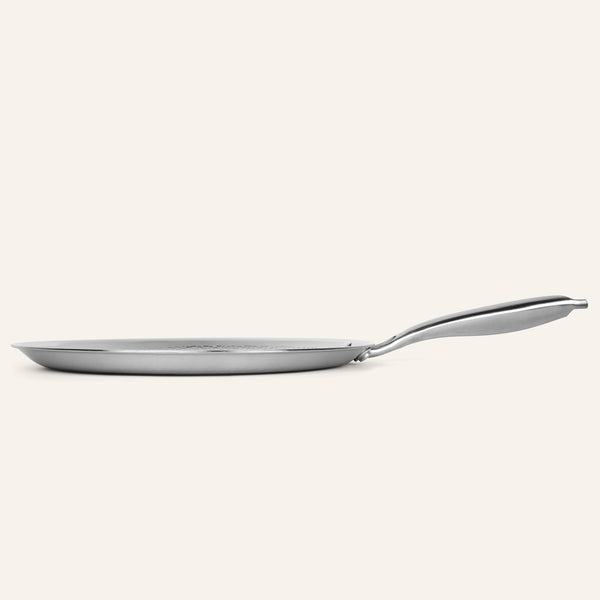
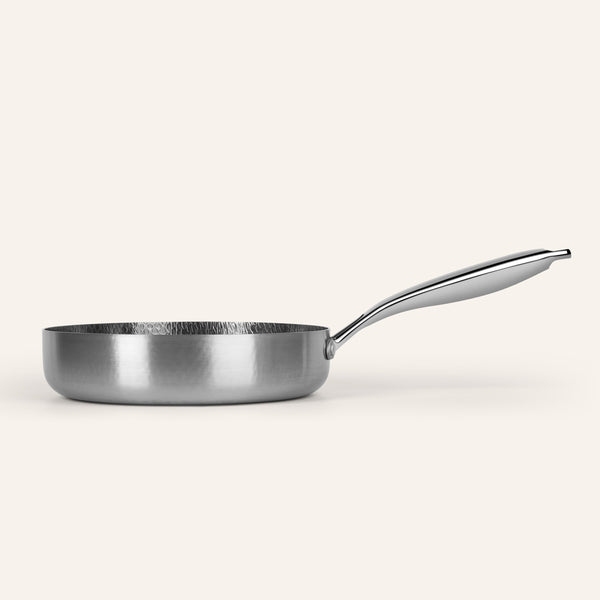
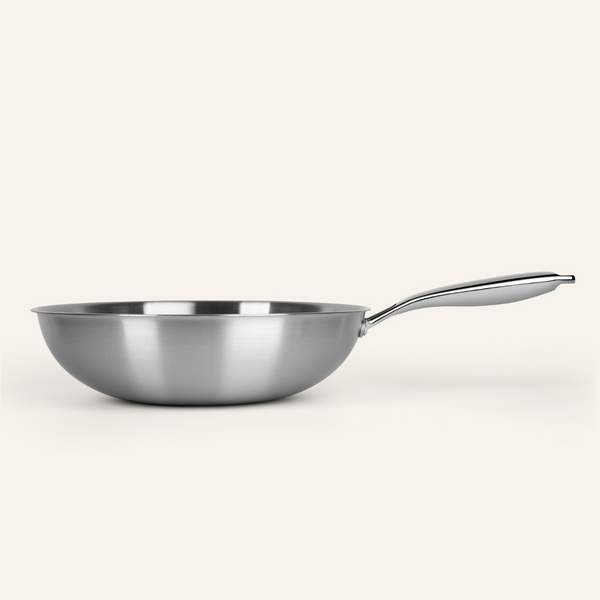
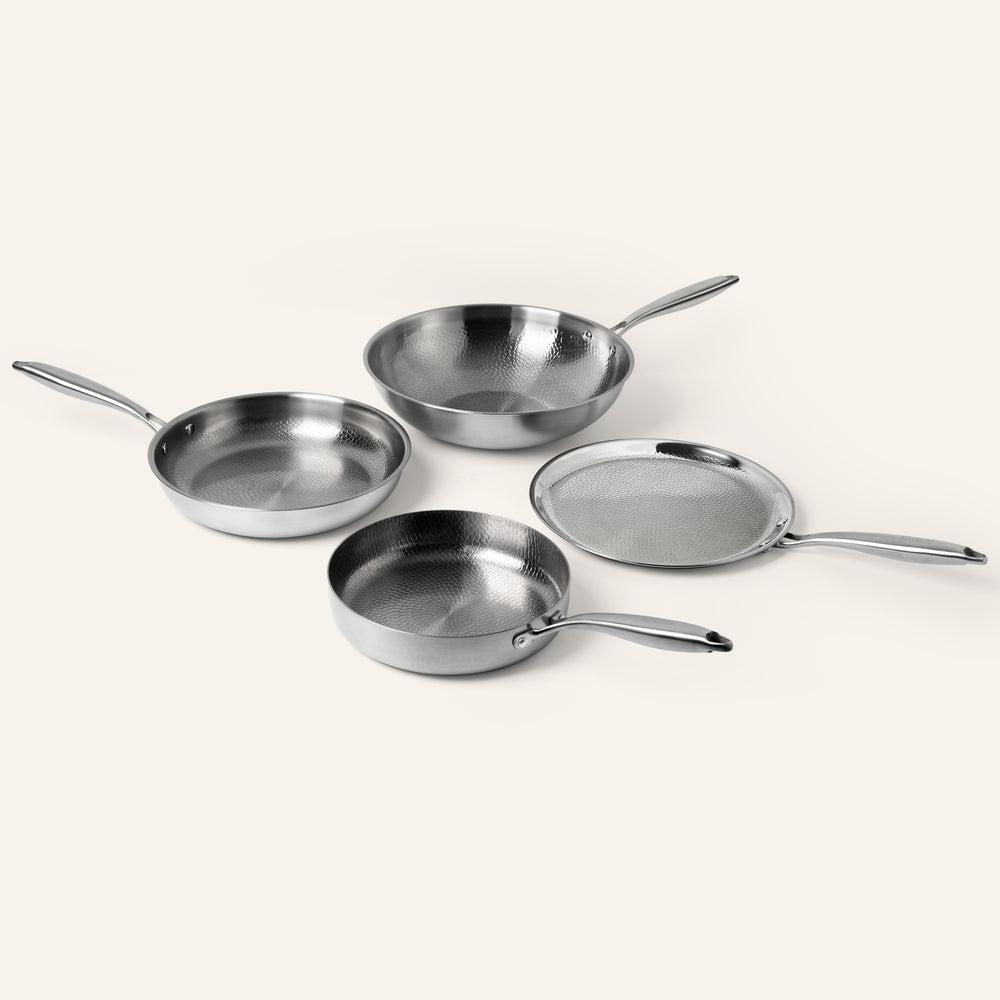
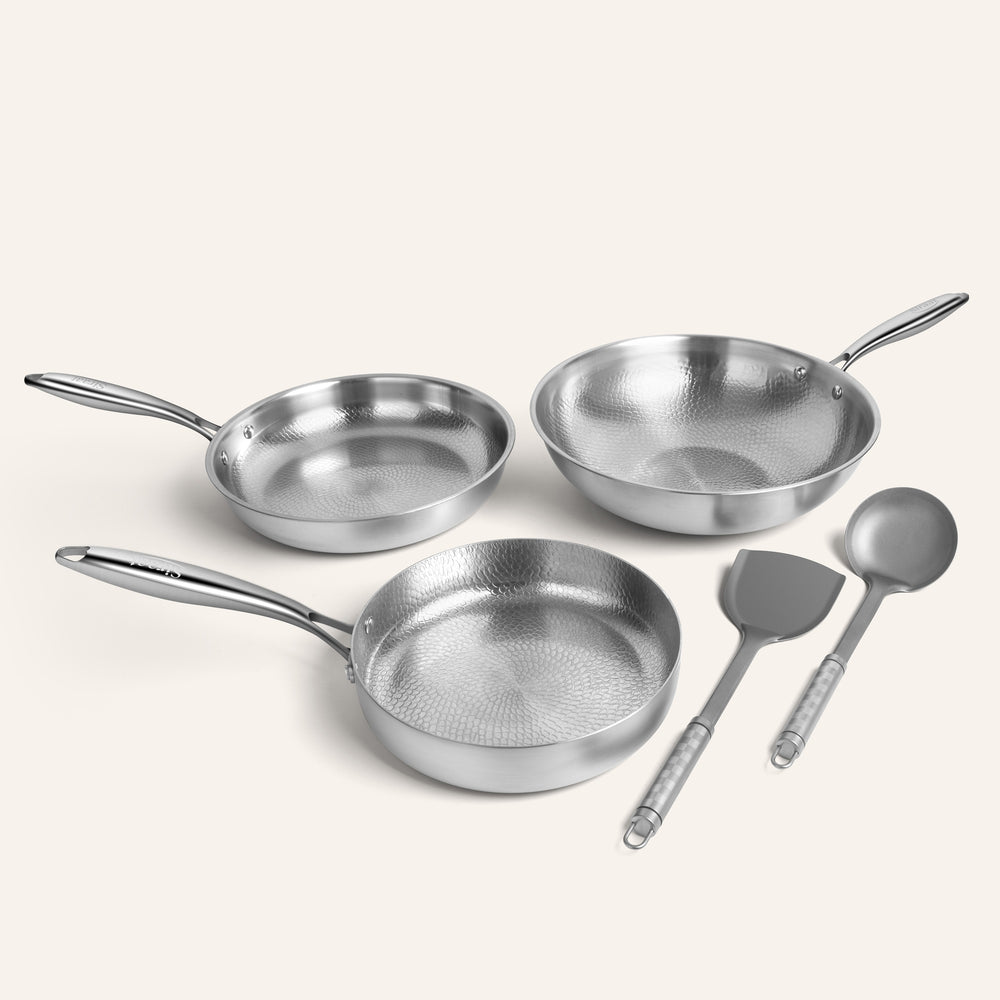
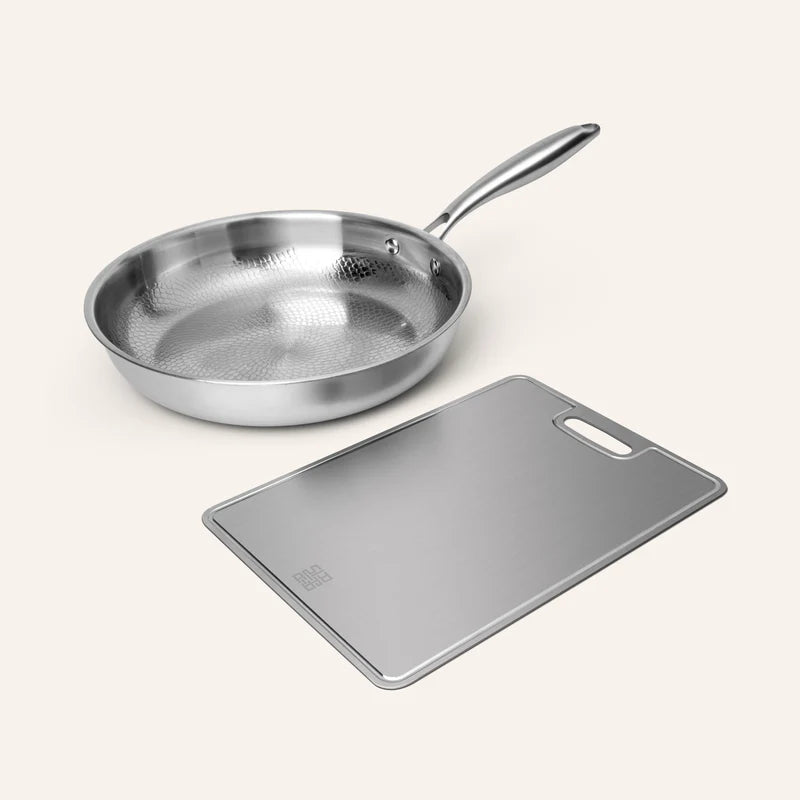
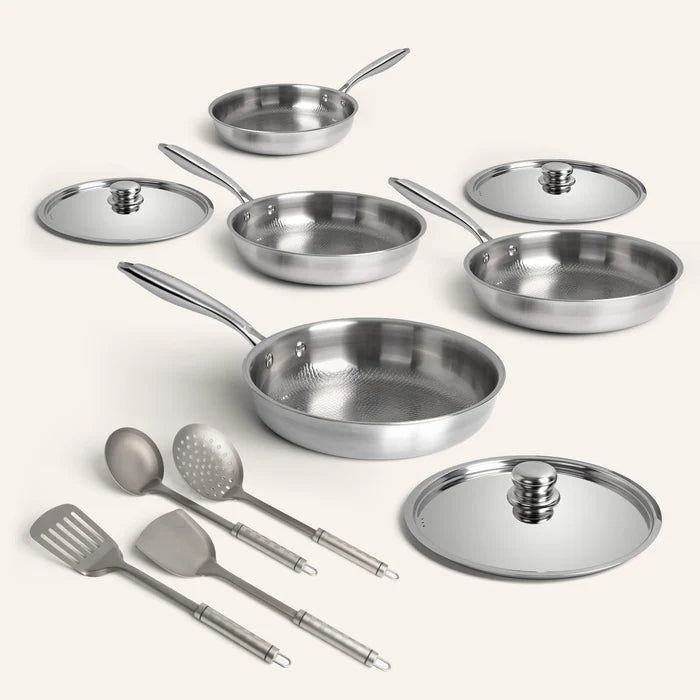
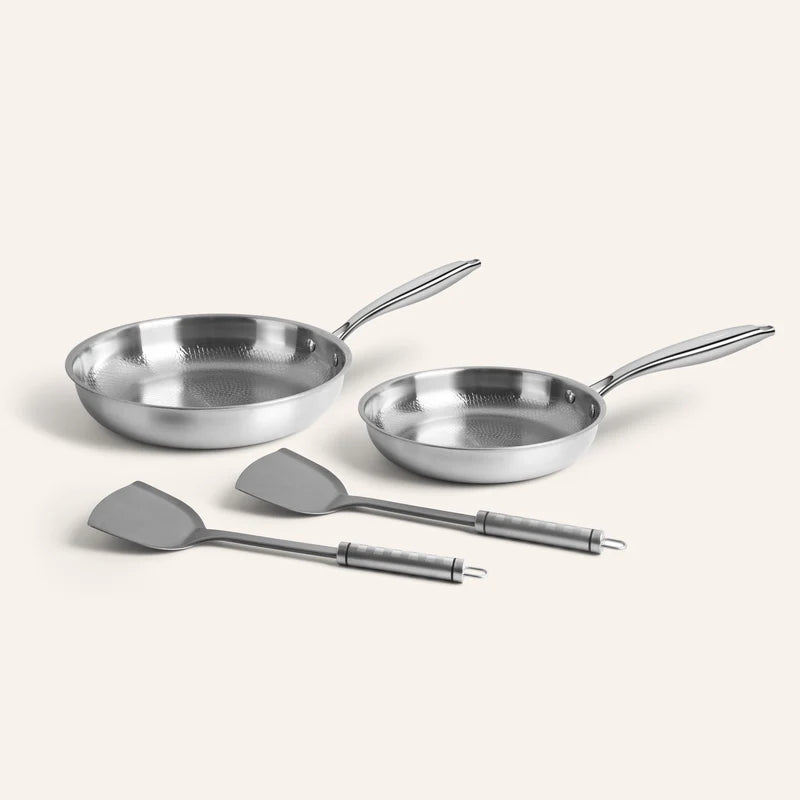
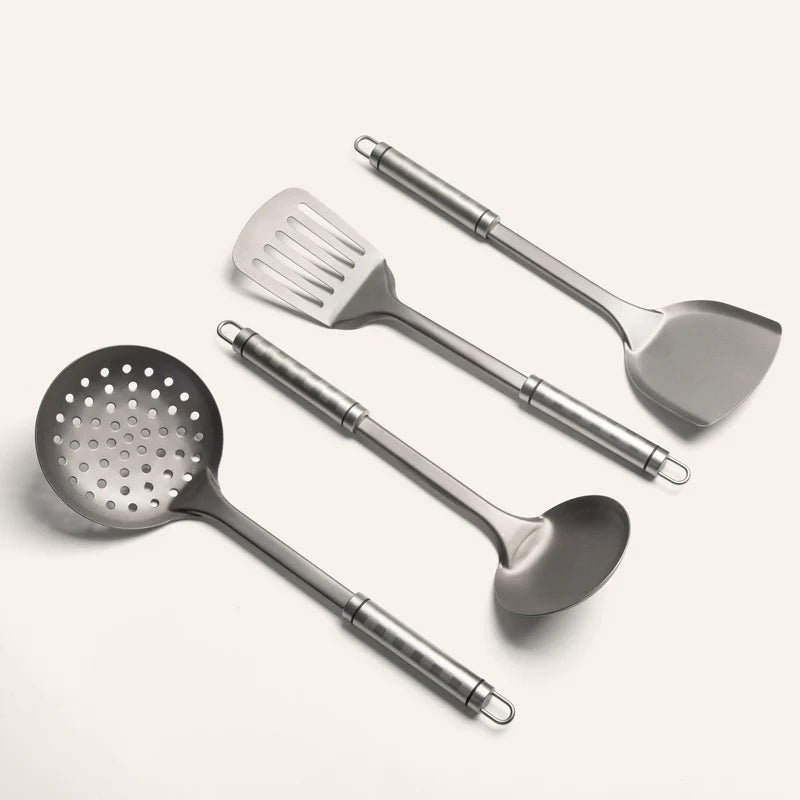
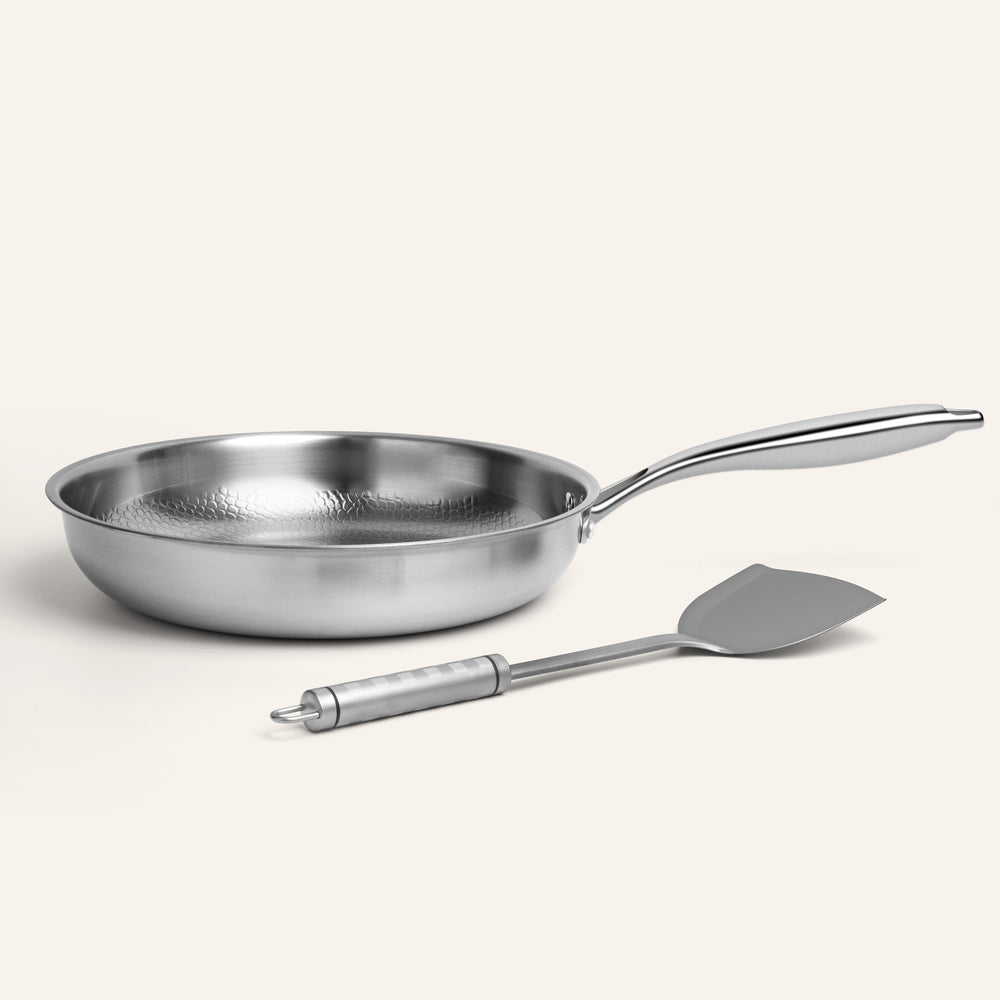
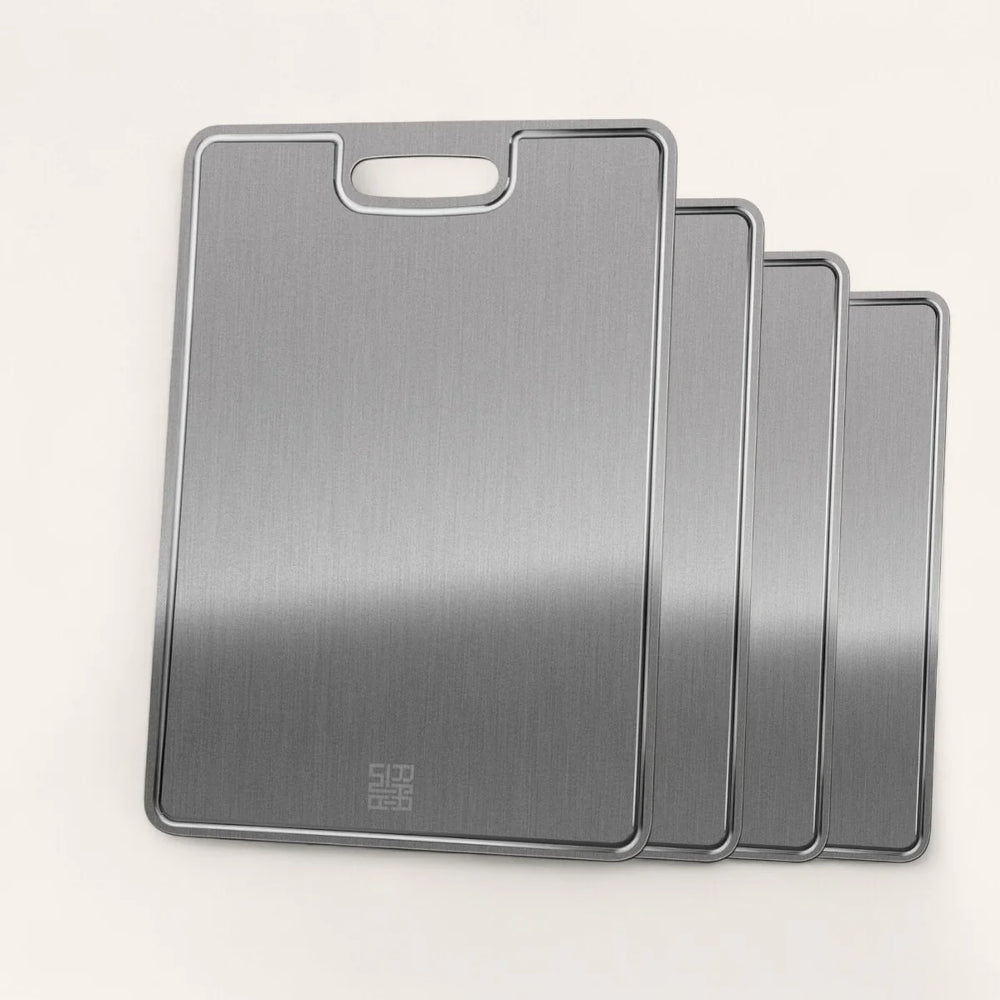

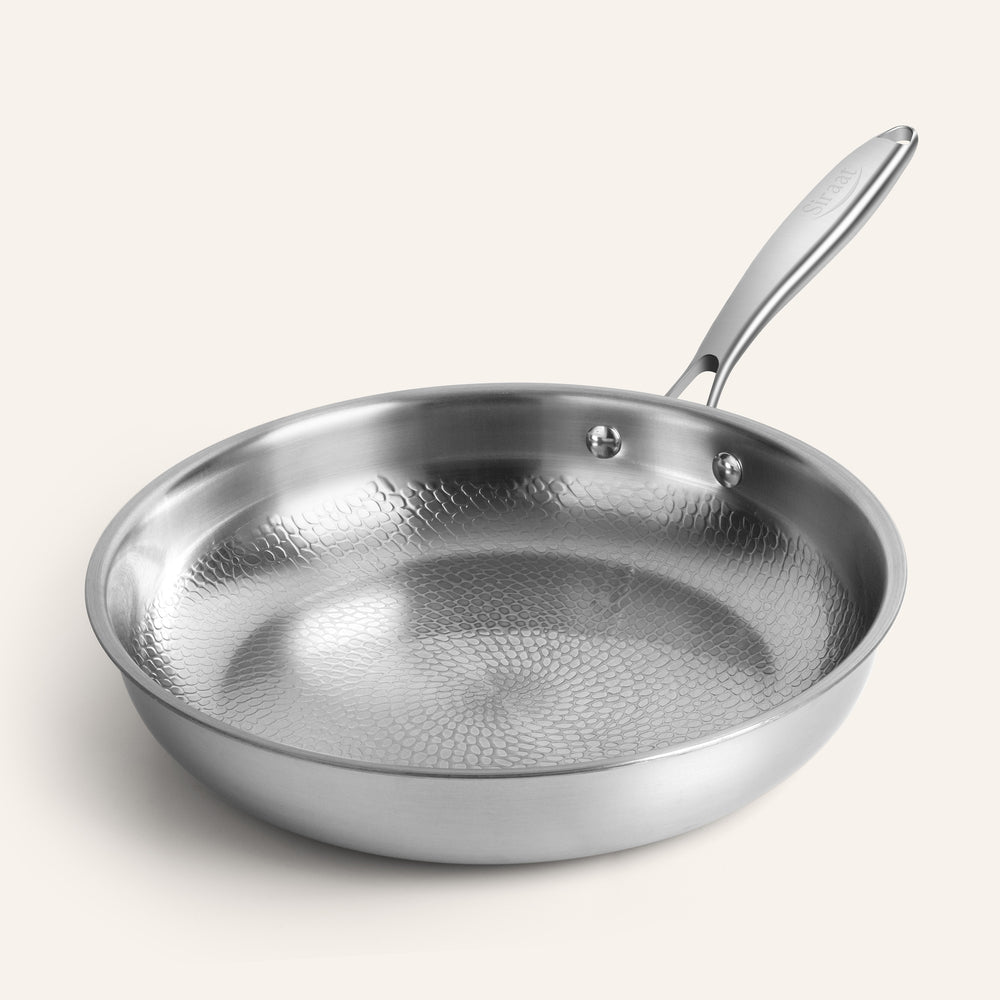
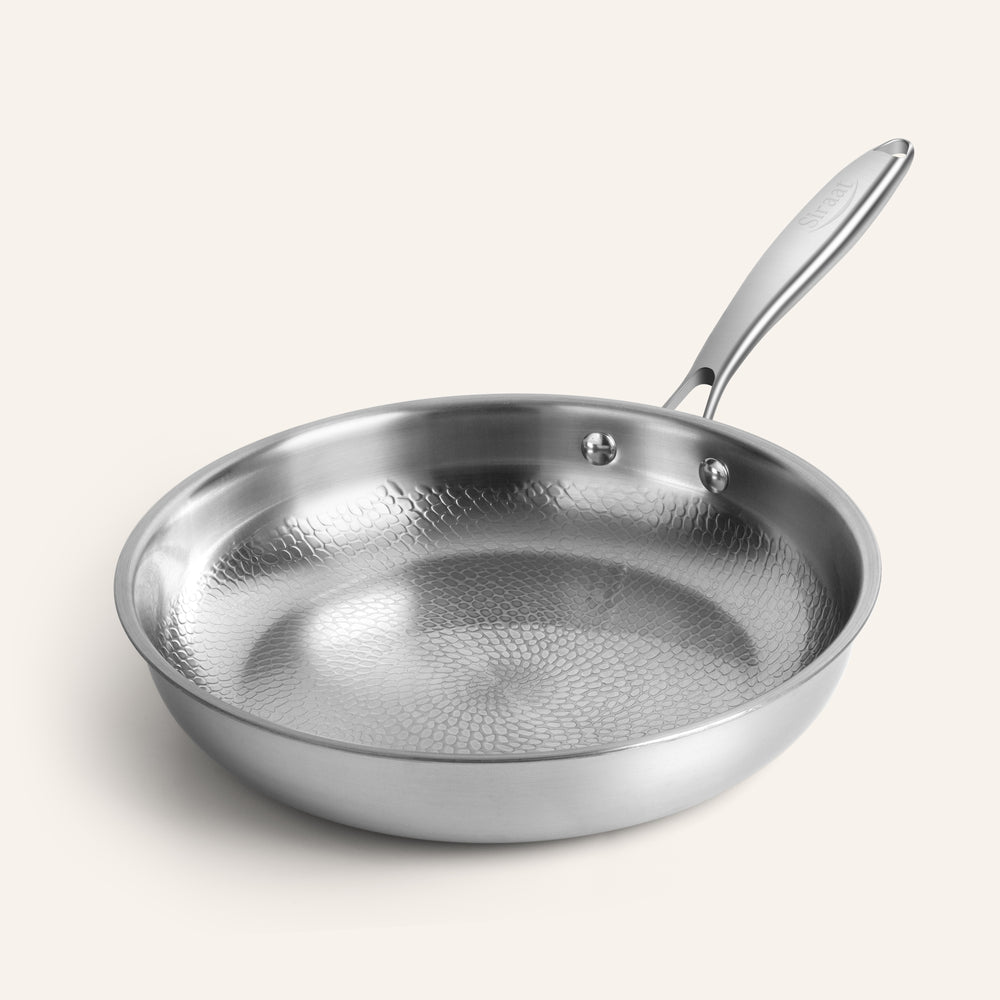
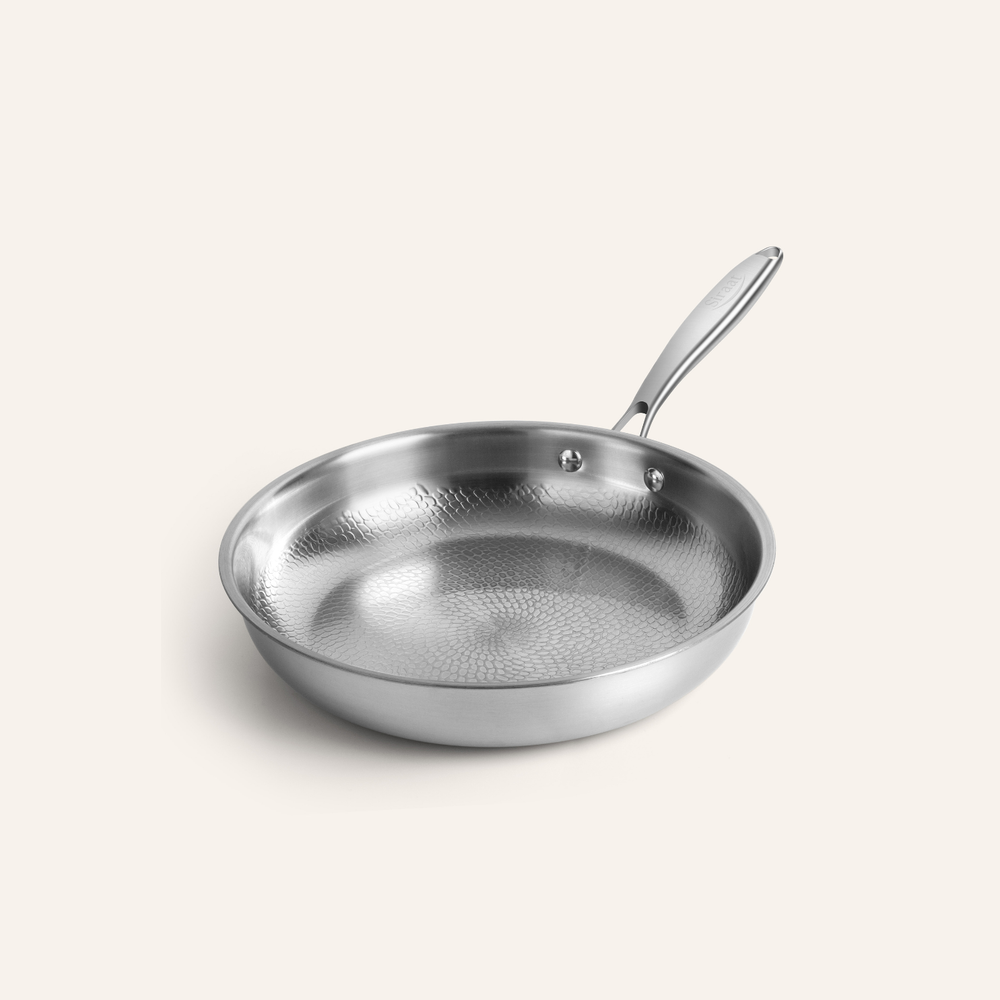
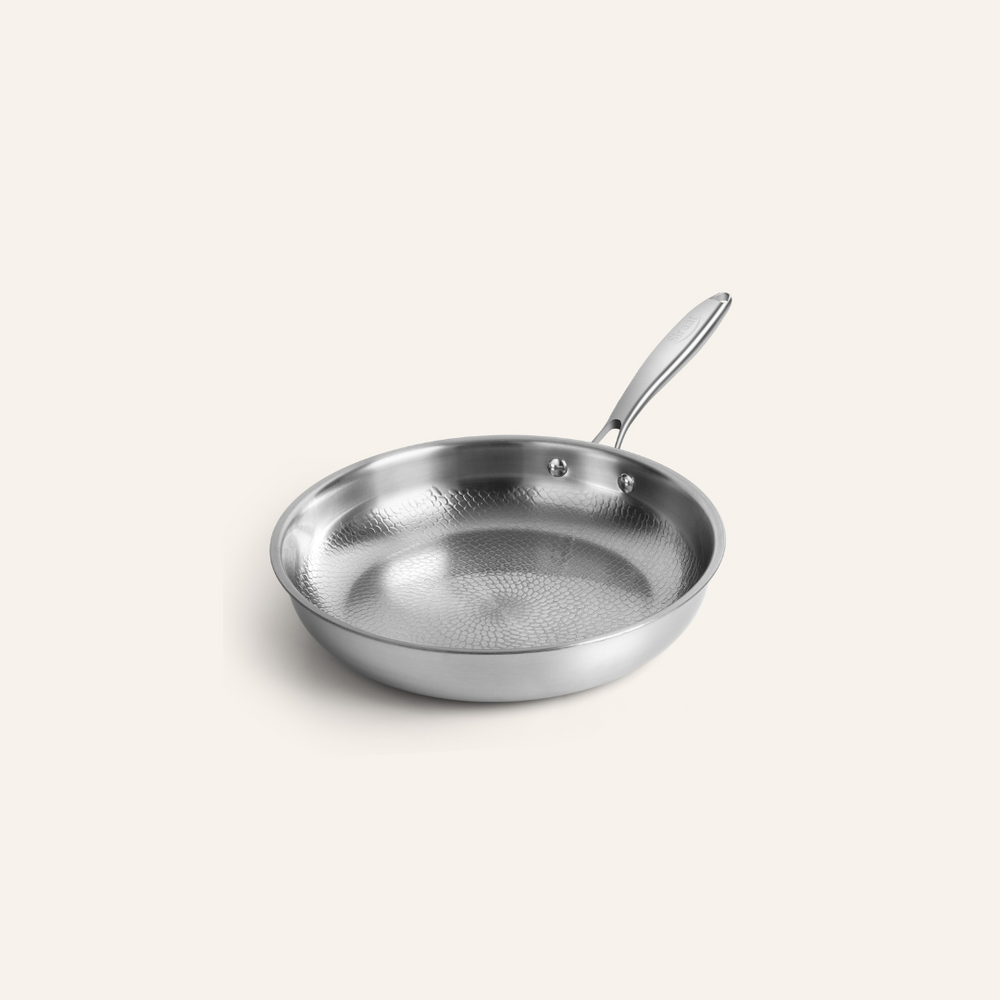
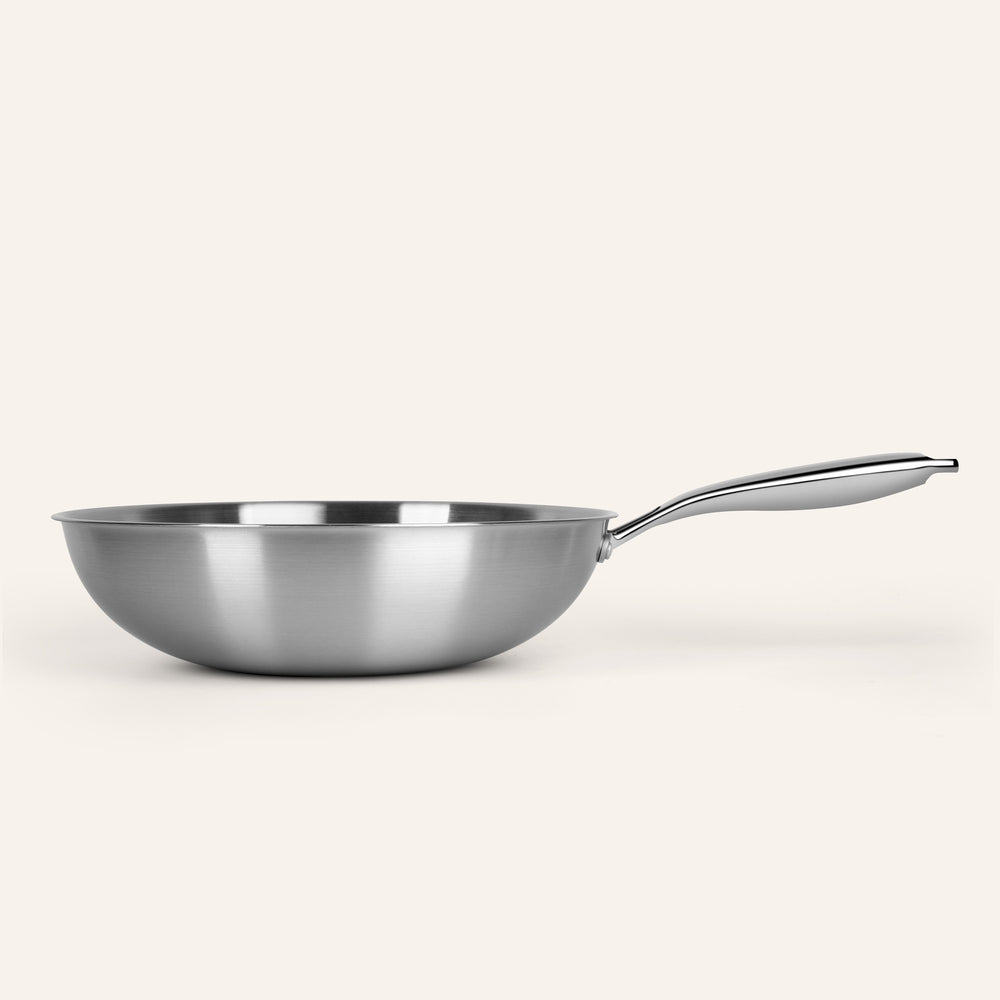
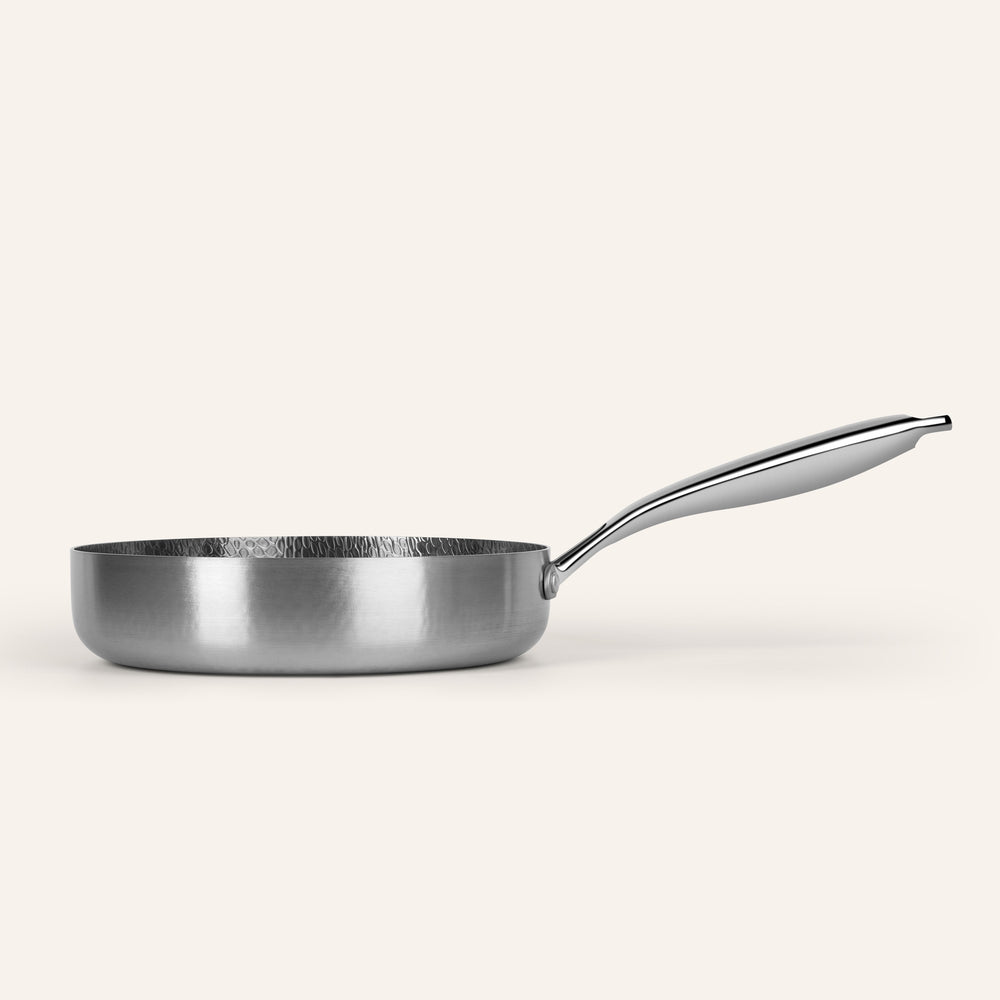
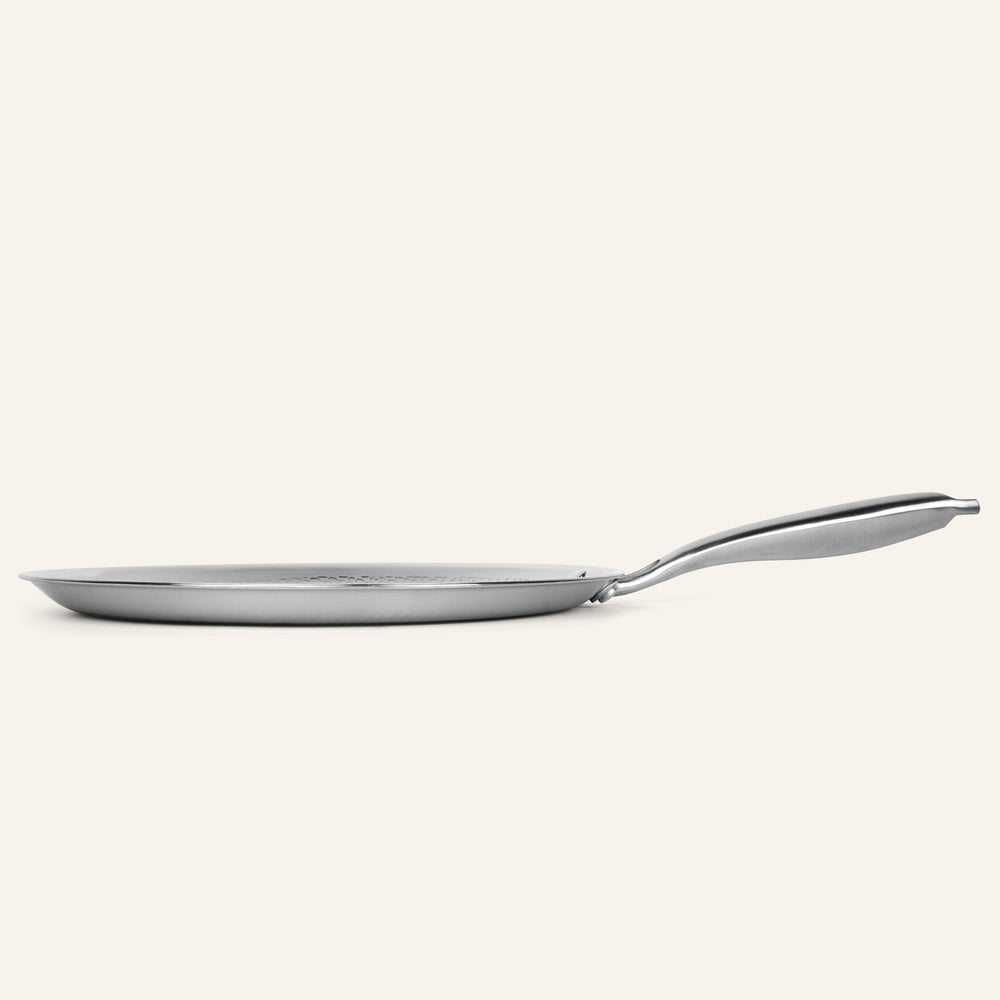
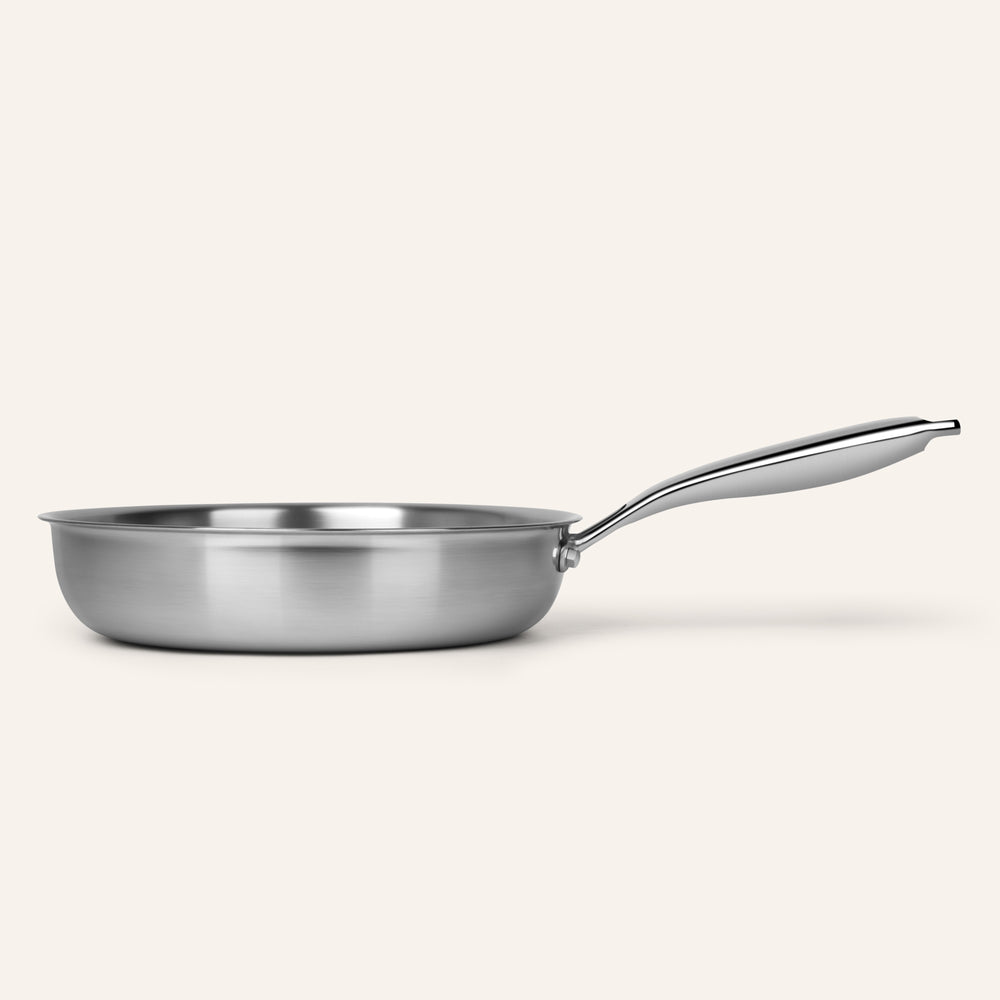
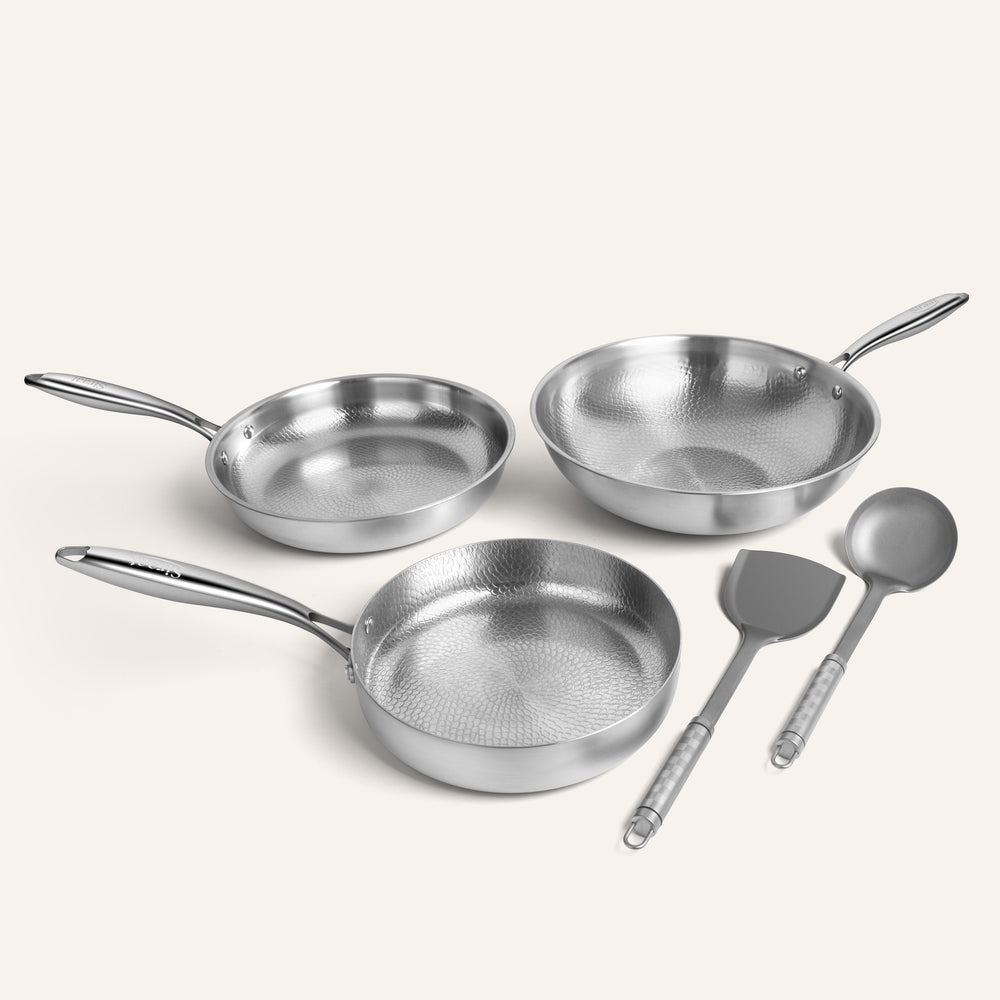
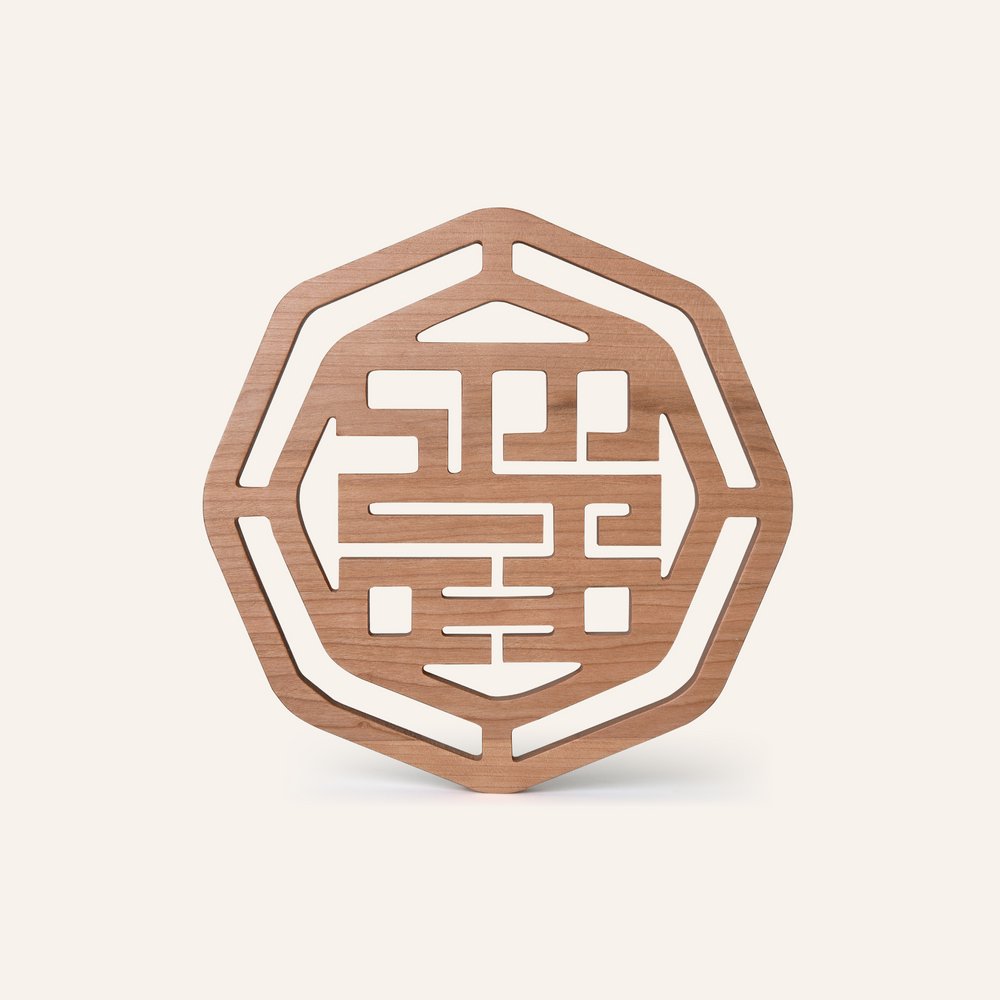
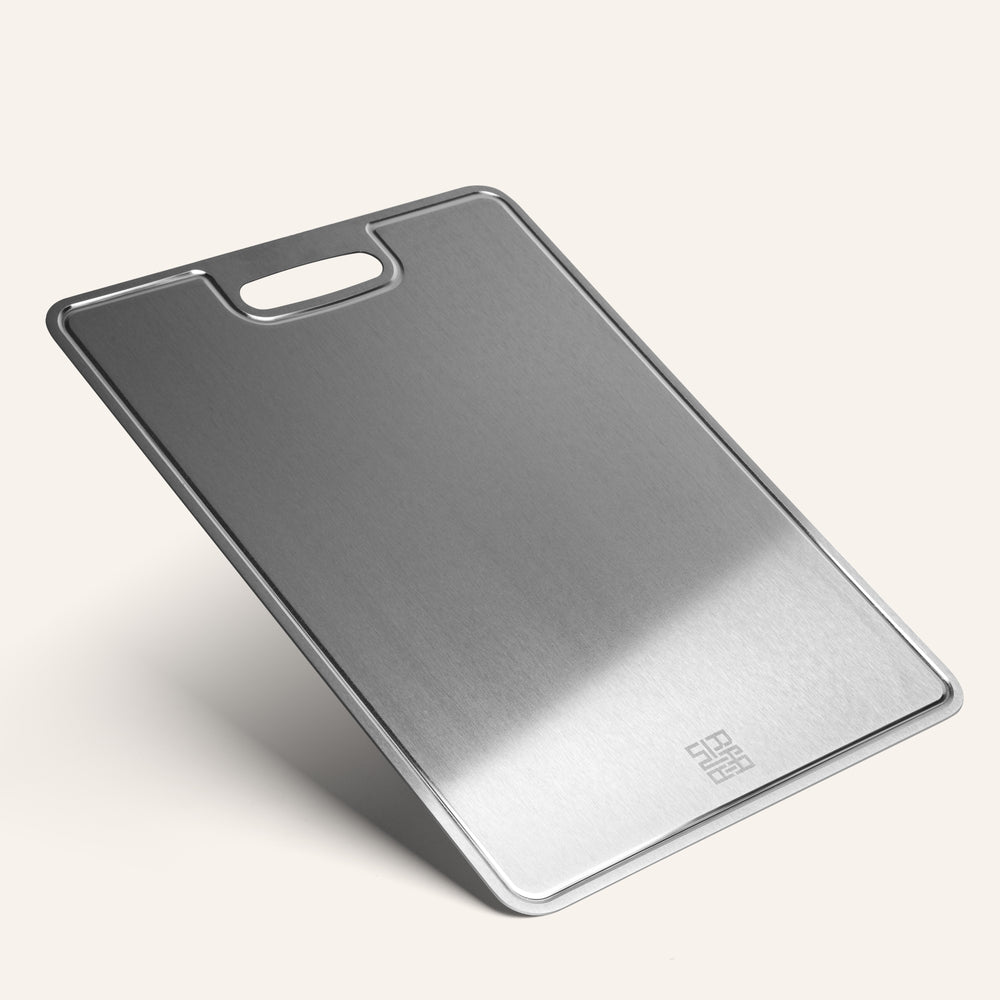
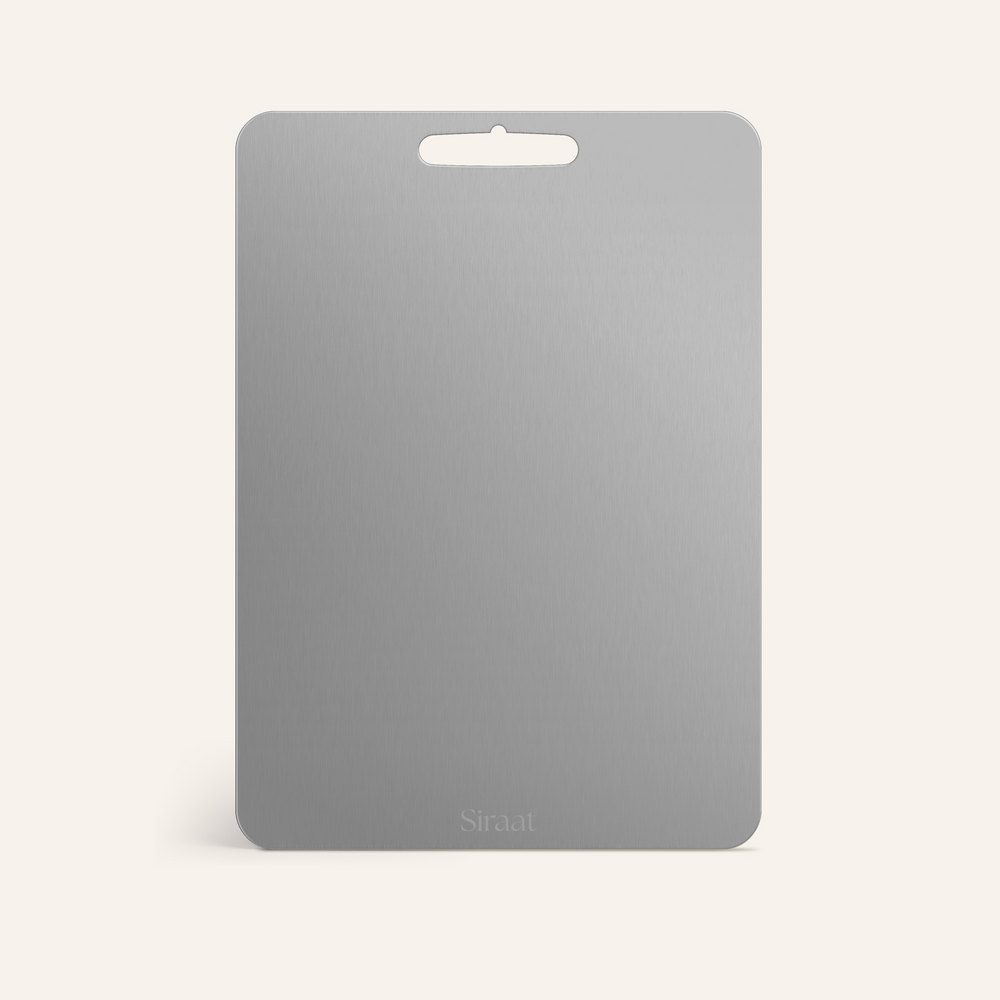
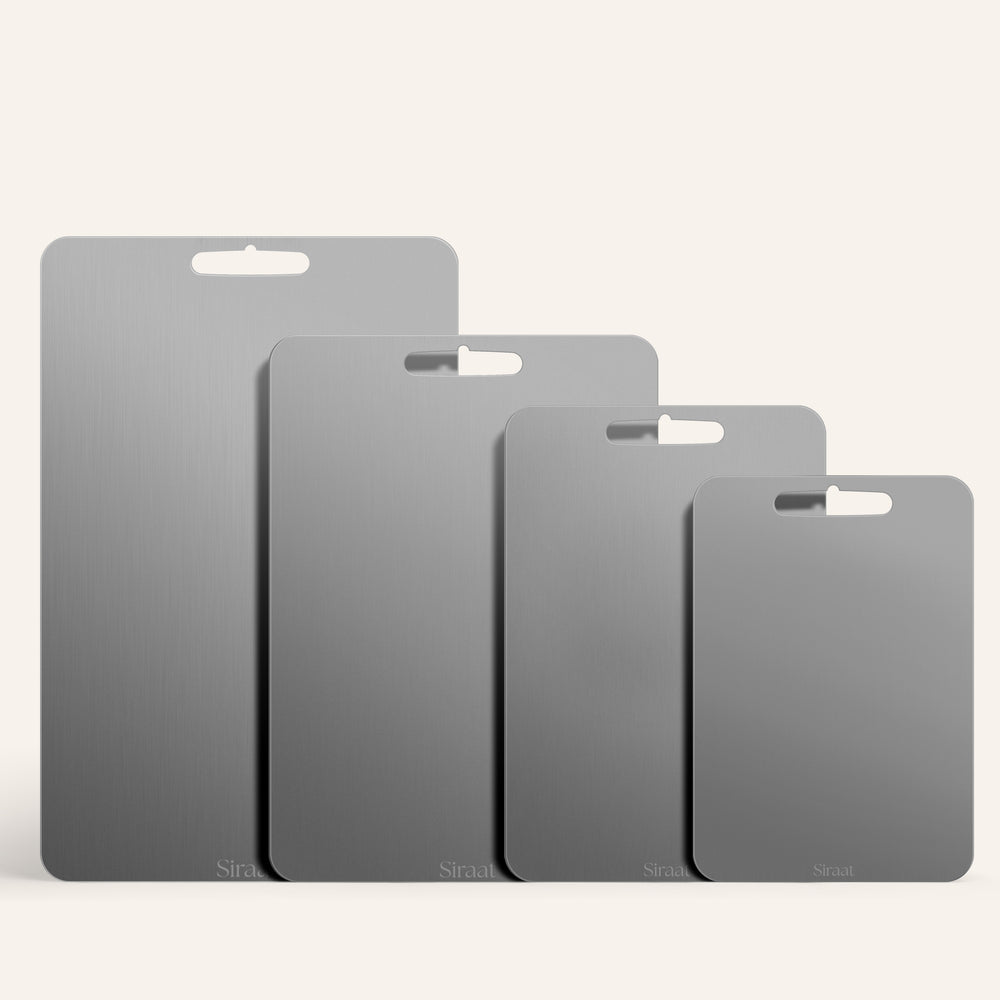
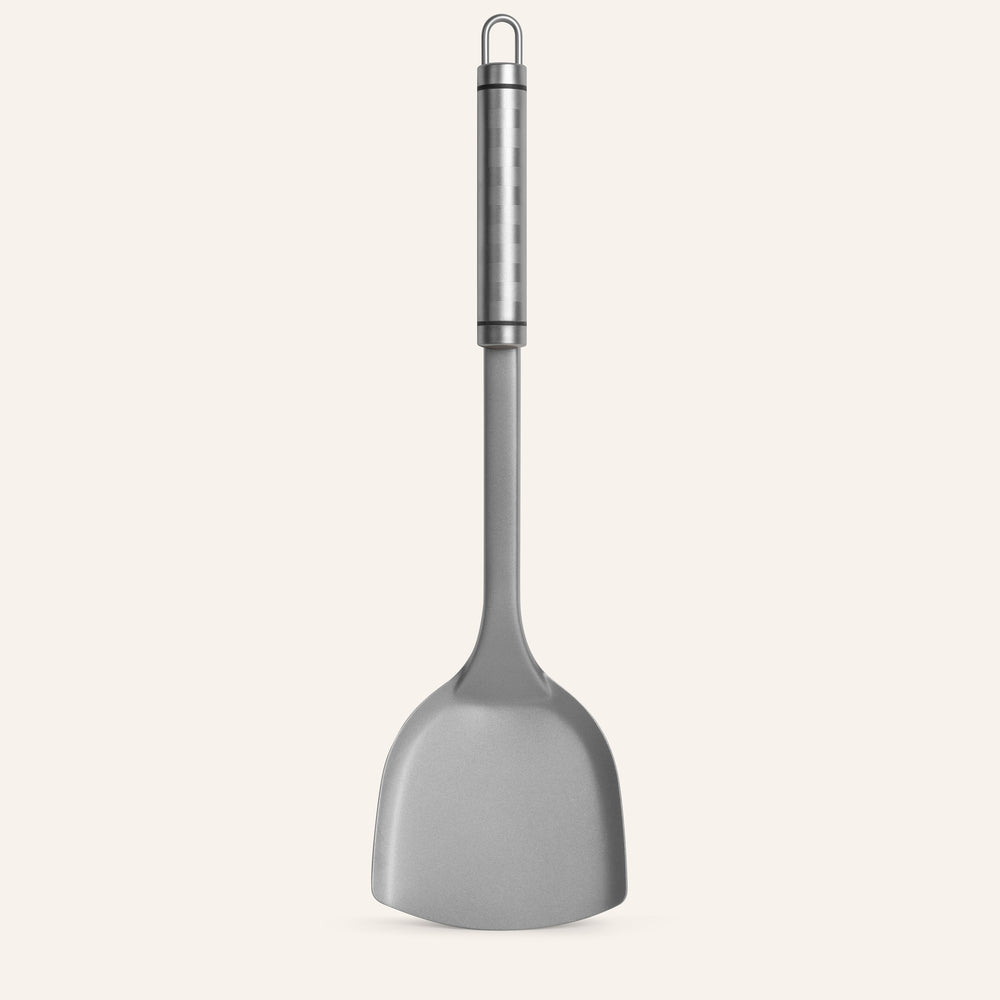
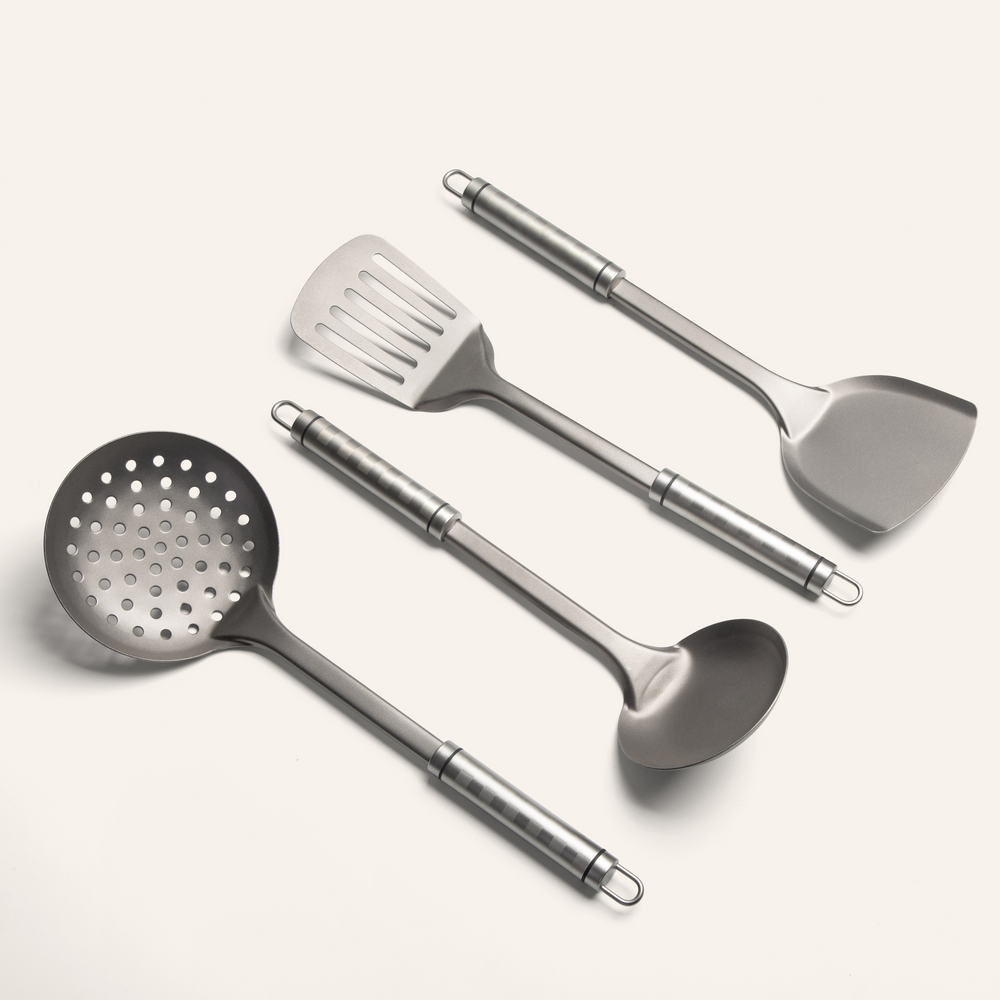
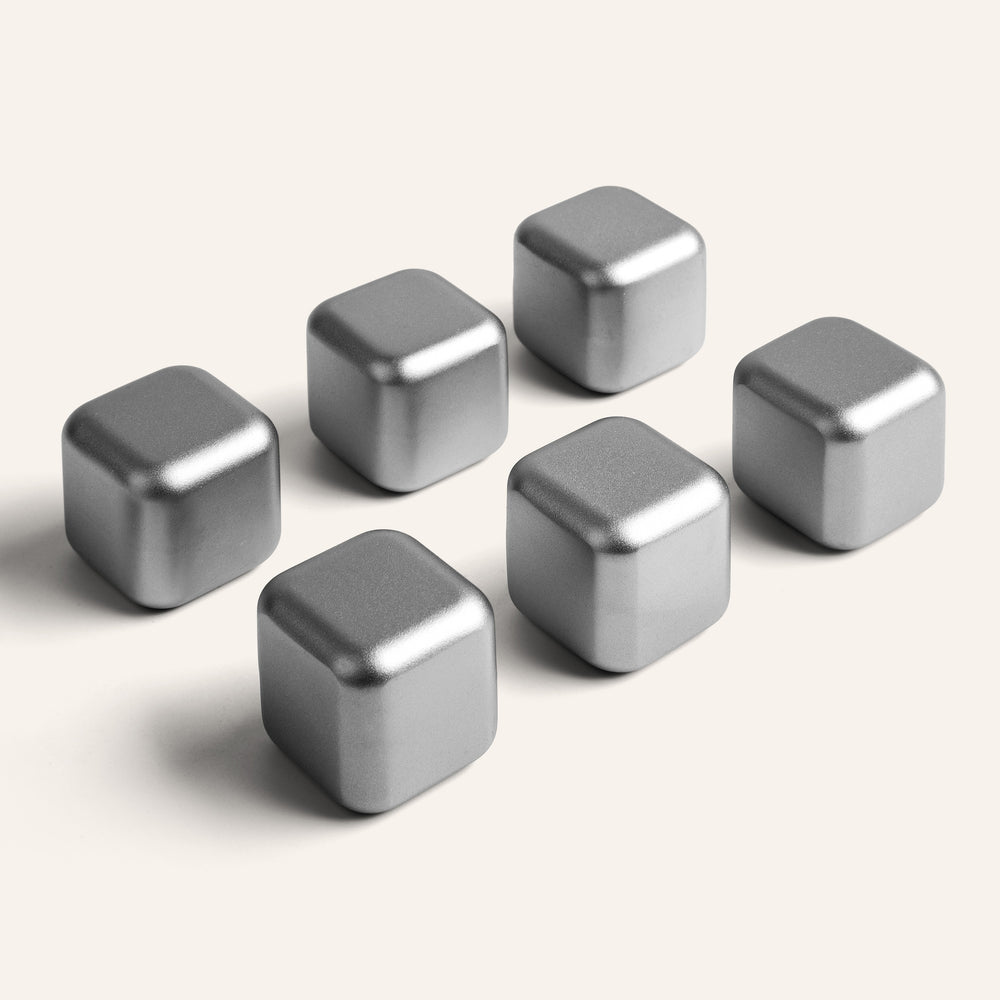
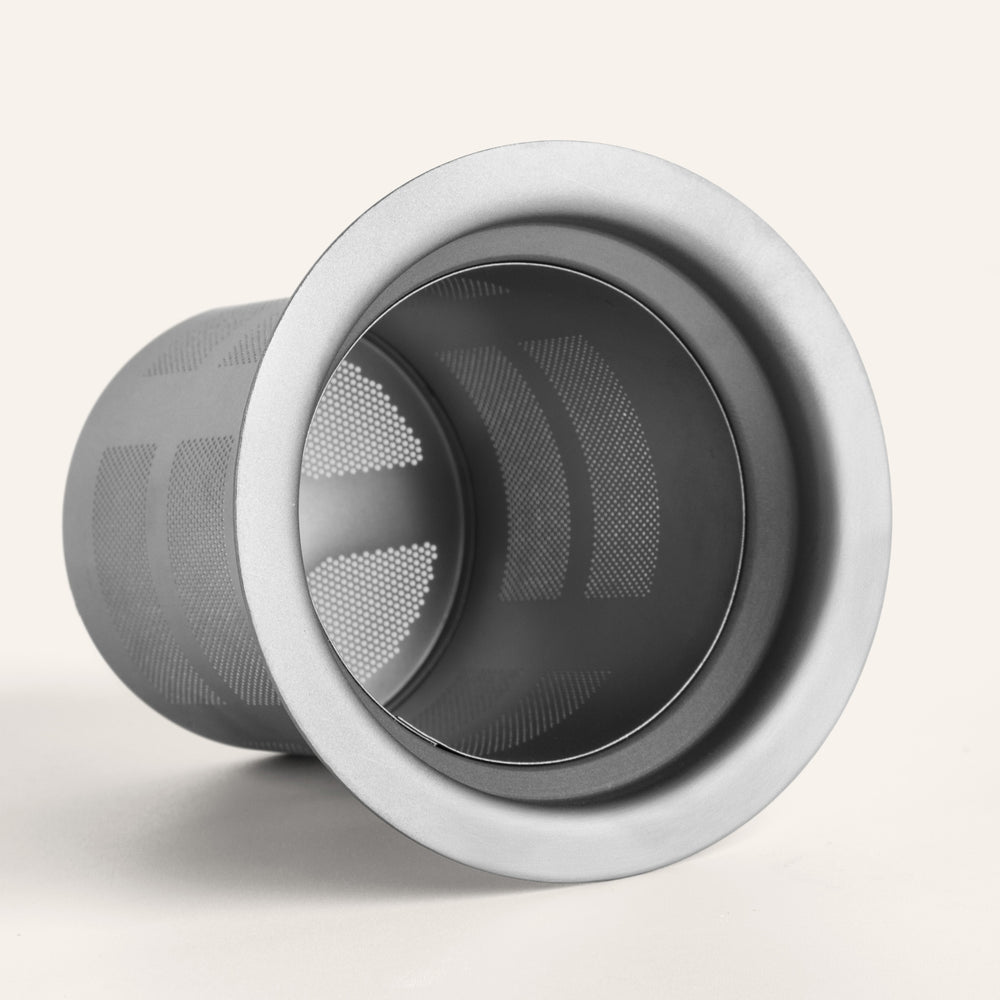
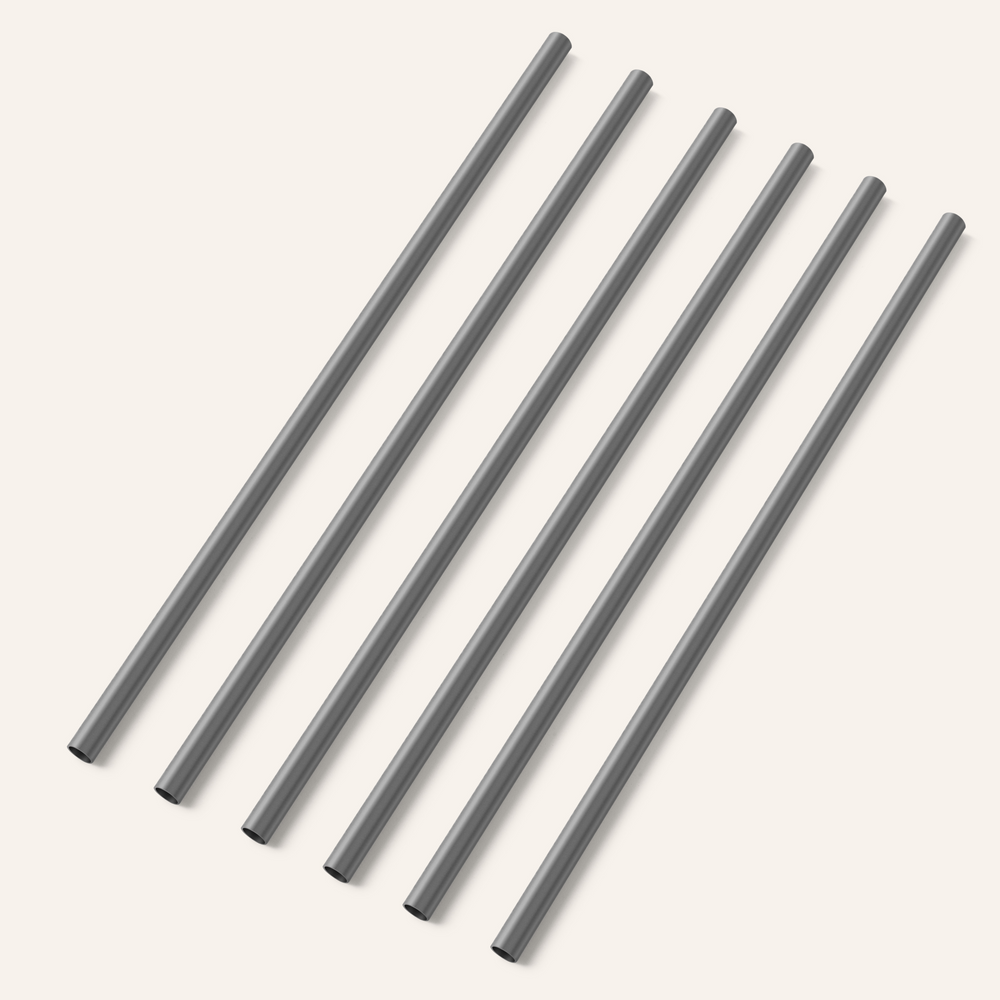
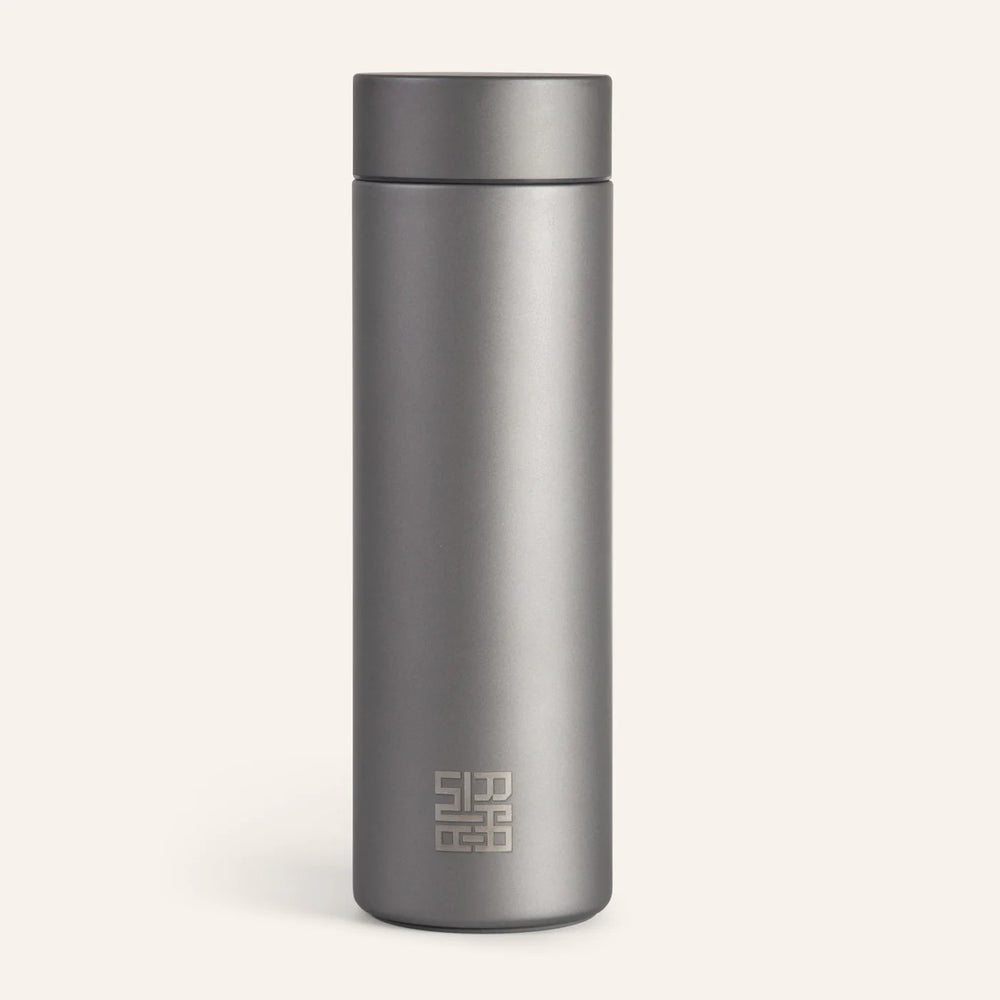
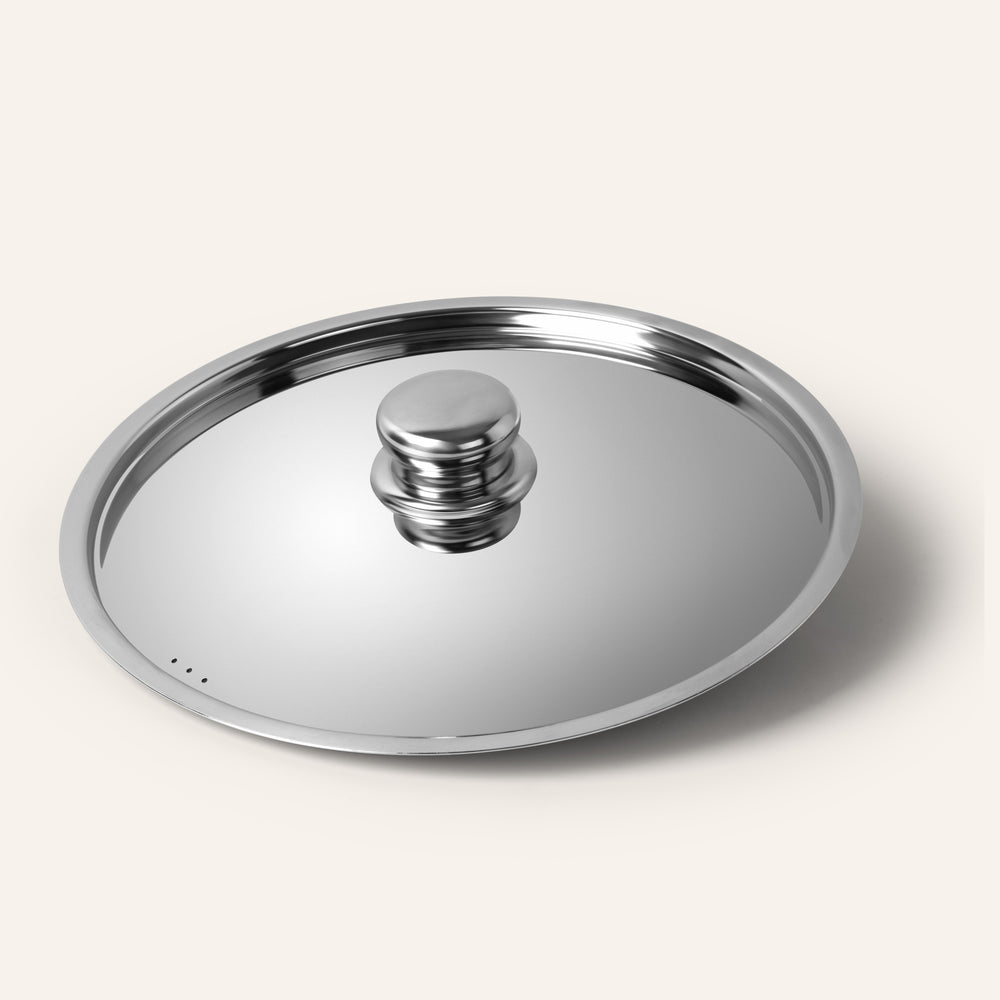
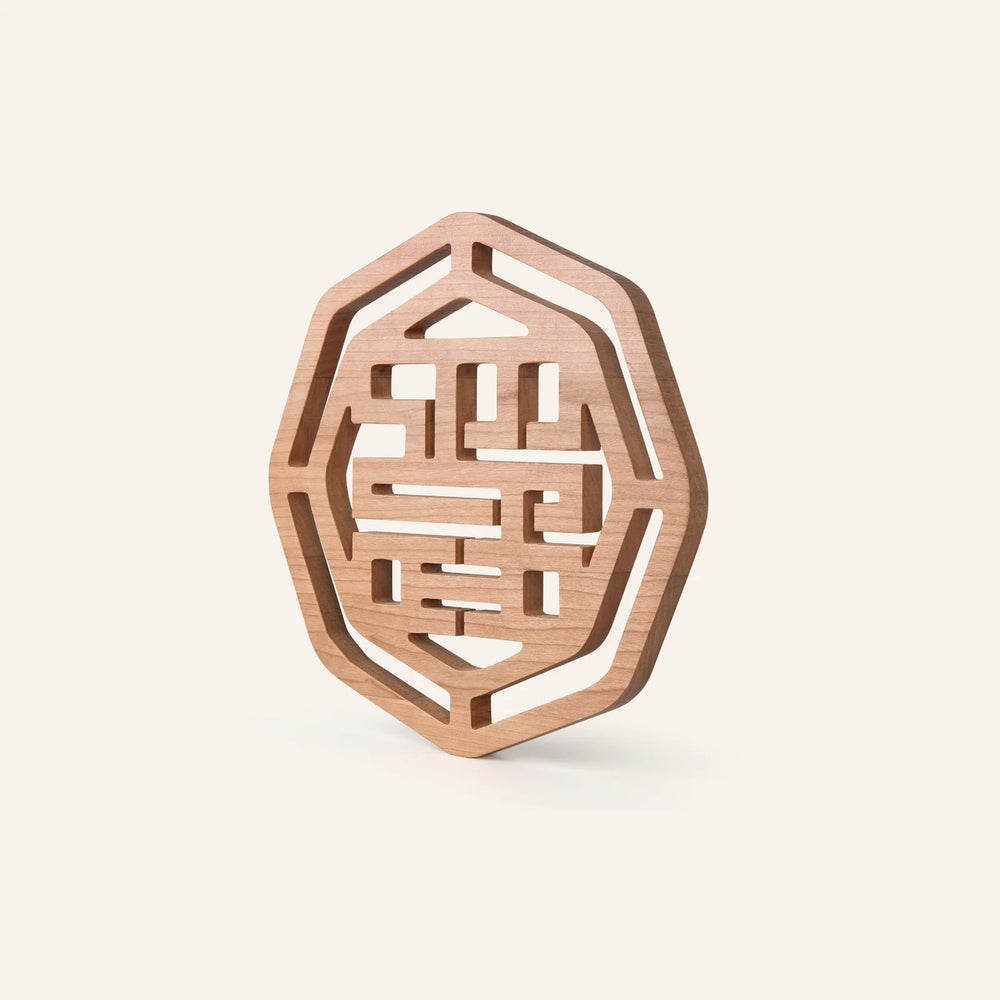
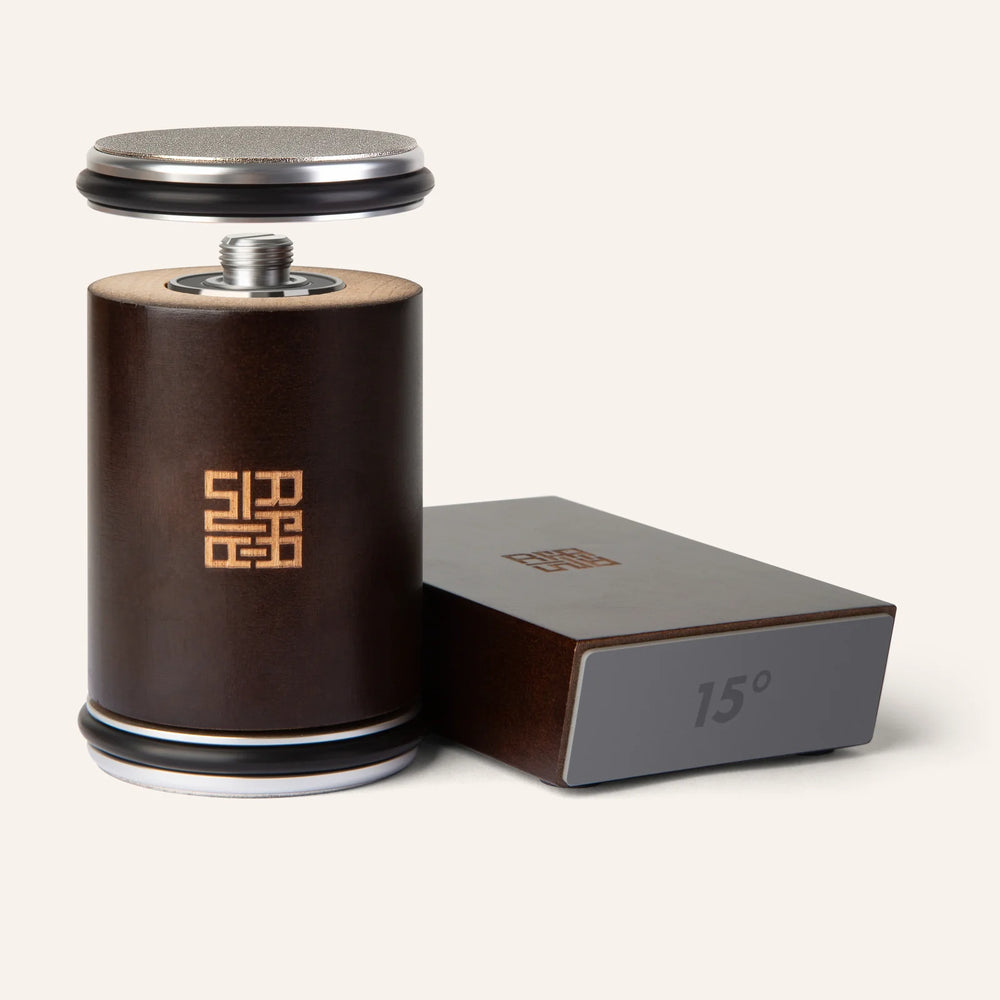
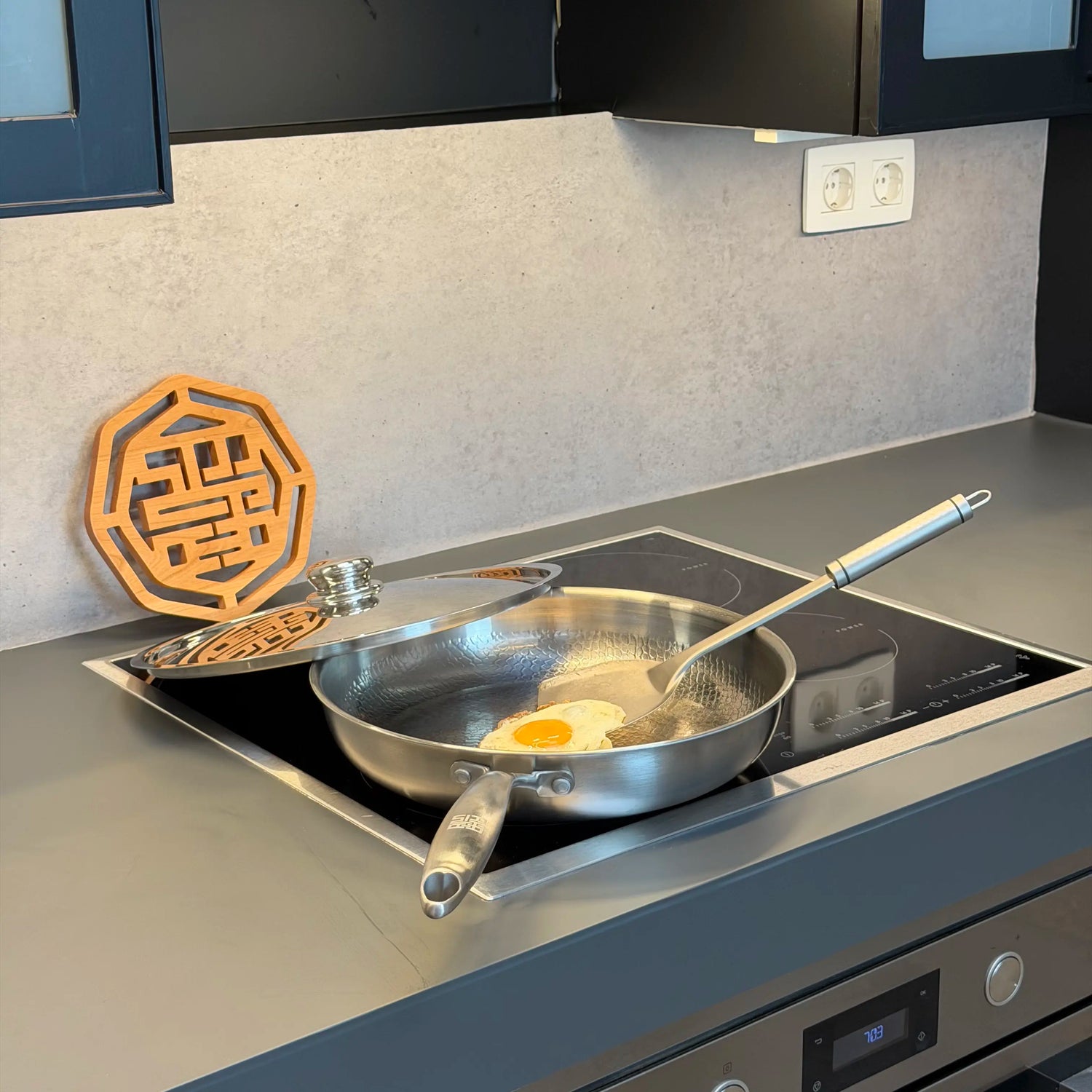

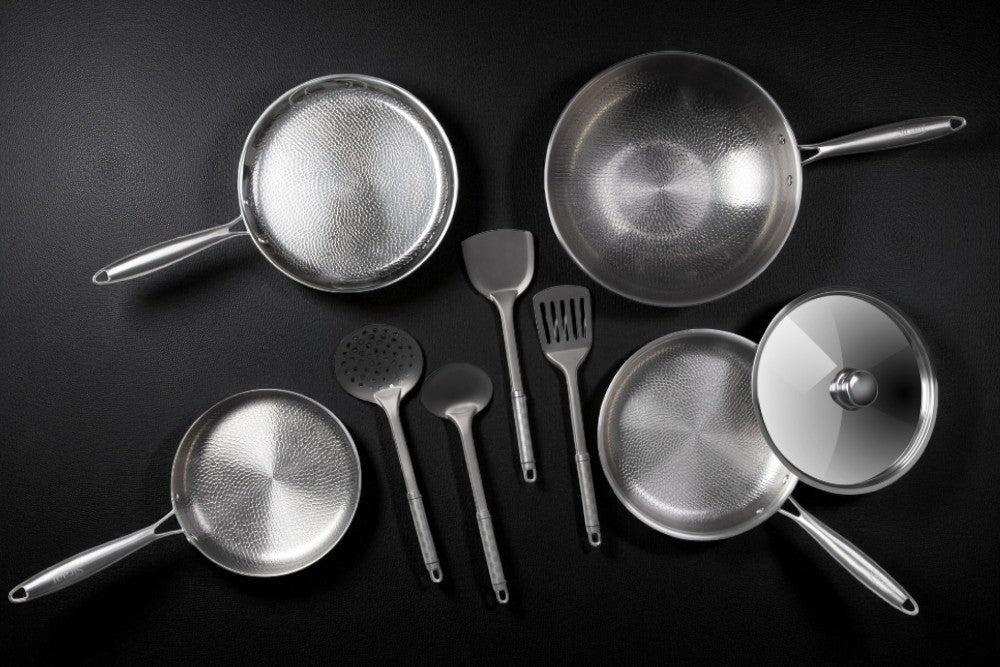
Zostaw komentarz
Ta strona jest chroniona przez hCaptcha i obowiązują na niej Polityka prywatności i Warunki korzystania z usługi serwisu hCaptcha.